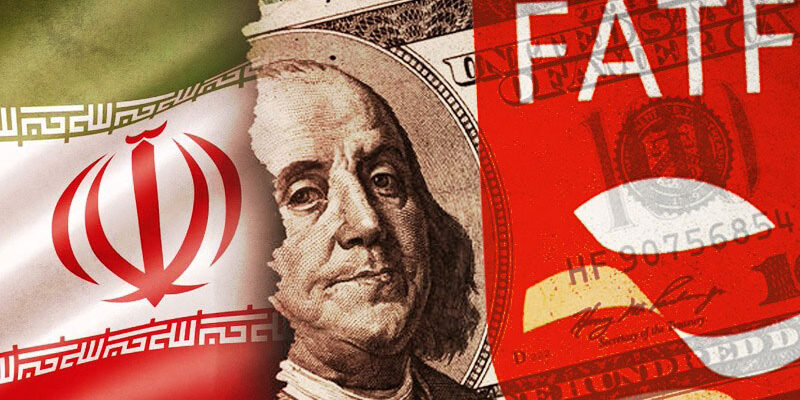
Iran and FATF – difficulties and opportunities
The relationship between Iran and FATF has lots of ups and downs. This fluctuation could directly affect the economy of Iran so, as a businessperson, it is important for you to know about it!
Brief history of FATF
The Financial Action Task Force (FATF) is an intergovernmental organization established in 1989 at the initiative of the G7 with a focus on development policies to combat money laundering. The organization joined the Counter-Terrorism Campaign in 2001. The FATF Secretariat is based at the Organization for Economic Co-operation and Development (OECD) in Paris. Over time, the group’s activities expanded, and in the same year it published the first version of its Financial Crimes Recommendations. The title of this recommendation is international standards on combating money laundering and financing of terrorism and funding mass destruction weapons proliferation which this last duty has been added to the scope of responsibility from 2012.
Therefore, FATF is responsible to codify the international regulations in terms of three financial crimes namely money laundering, financing the terrorism and weapons proliferation. FATF is also as a main observer and watchdog of the countries to see if the countries behavior is in line with the international policies regarding the above mentioned crimes.
Right now, more than 200 countries are the members of FATF obliged to enforce its rules and recommendations. The recommendations normally amend every few years.
According to the latest version of recommendations in 2012, FATF has 40 recommendations for the countries.
The conventions of FATF
FATF has four recommended conventions for the countries asking them to join them as soon as possible. the United Nations Convention against Illicit Traffic in Narcotic Drugs and Psychotropic Substances or Vienna Convention (1988) and the United Nations Convention against Transnational Organized Crime or Palermo Convention (2000), the United Nations Convention against Corruption (2003) and the Terrorist Financing Convention (1999).
There are also some other territorial conventions such as the Council of Europe Convention on Cybercrime (2001) that recommends by FTAF on a non-obligatory basis.
The countries shall prohibit money laundering based on the provisions of Vienna Convention. Palermo Convention regulated measures concerning the terrorist financing.
Click on the link below to read more:
Comments
Post a Comment